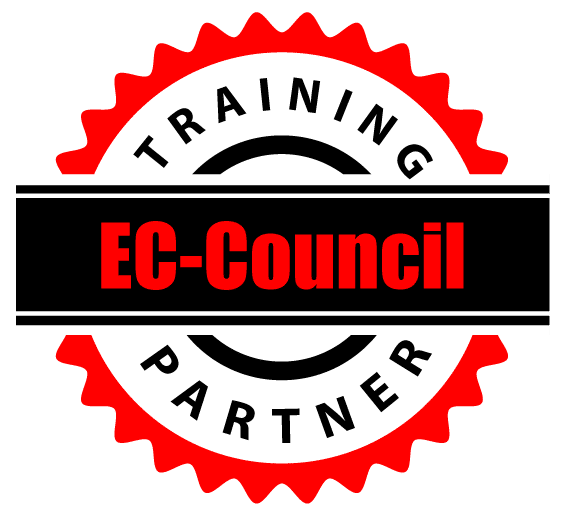Course Overview
Azure DevOps Server is a comprehensive suite of tools designed to support the end-to-end software development lifecycle. It integrates various development practices and methodologies into a unified platform, offering a range of services for managing source code, planning projects, tracking progress, and automating builds and releases. Azure DevOps Server enhances collaboration among development teams through its integrated work tracking and reporting features, allowing for effective project management and streamlined workflows. With its robust set of tools, it facilitates continuous integration and continuous delivery (CI/CD), making it easier to deliver high-quality software efficiently and reliably.
Flexible Training Options to
Meet Your Needs
We know the importance of flexibility in the success of learning and professional development. This is the reason CounselTrain provides a variety of delivery options for all IT training offered in the UAE to ensure access and convenience for each learner.
Select the method that best suits your needs.




 4.89
4.89